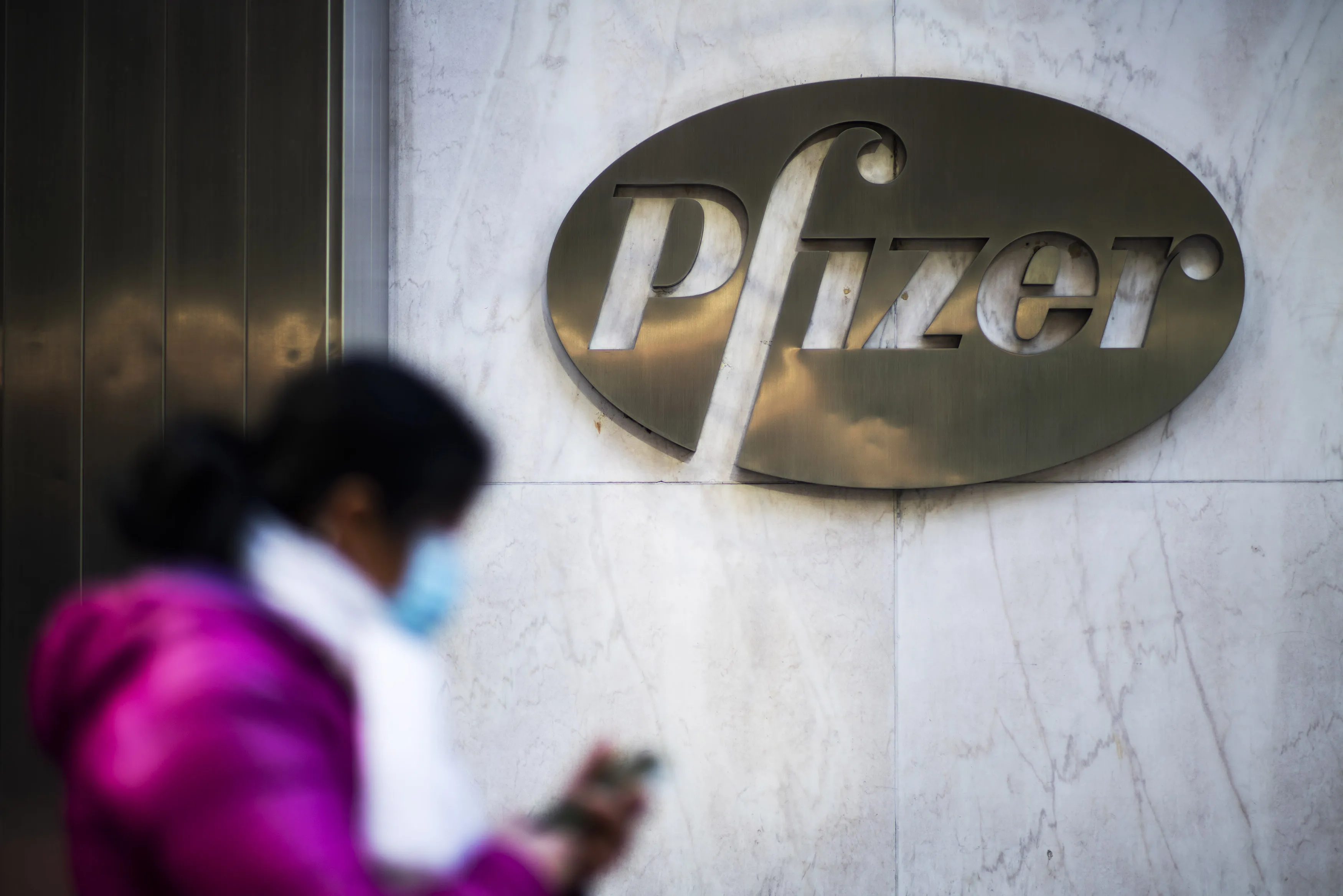-
CENTRES
Progammes & Centres
Location

Shattering all previous speed records for vaccine development, Pfizer and German partner BioNTech informed the world on November 18 that their coronavirus vaccine was 95% effective, had no serious side effects and application for emergency approval will happen “within days”.
The news broke via a press release, marking a game changing moment in America’s defence against the virus’ catastrophic march. Pfizer and BioNTech plan to submit the efficacy and safety data for peer-review in a scientific journal once data analysis is complete.
Medical experts are ratcheting up calls for the release of more granular data and regulators are readying for a flood of reports on adverse side effects even as they reimagine their public advocacy to achieve optimum vaccination at population scale. A Food and Drug Administration (FDA) advisory panel is on standby to publicly debate the data in early December.
If there aren’t any nasty surprises in the peer review and approvals go swimmingly, vaccinations for the most vulnerable are expected to kick off in December. Another pharma giant Moderna is following close behind Pfizer with a vaccine which needs a far less extreme cold chain for shipping and storage.
What we know: On November 9, Pfizer and BioNTech said their vaccine, based on the mRNA technology platform, is more than 90% effective. Pfizer’s initial published results were based on 94 infections in a study that enrolled nearly 44,000 people. The November 18 announcement is based on a larger pool of infected patients, 170 in all. Only eight infections were recorded in volunteers who got the vaccine rather than a placebo. Only one of those eight people got severely ill. The companies reported no serious side effects. Without offering granular details, they said the vaccine was more than 94% effective in people over 65 years old and this is based on older adults who got the vaccine and the placebo. Pfizer is the only US company to be testing the vaccine in children as young as 12. Globally, more than 40% of Pfizer’s volunteers are in the 56-85 age group. In the US alone, that number is 45%. Asians constitute 5%, Blacks 10%, Latinx 13% and Native Americans 1% of trial participants. The Phase 3 clinical trial of BNT162b2 began on July 27 and has enrolled 43,661 participants to date, 41,135 of whom received a second dose of the vaccine candidate by November 13, 2020.
What they're saying: We’re hearing the word “extraordinary” a lot - from folks who are typically conservative. Like America’s top infectious diseases expert Dr. Anthony Fauci, for instance. BioNTech's CEO and co-founder says “this is an extraordinarily strong protection.” Remember, at the early stages, scientists at the cutting edge were ready to take 60% efficacy and run with it. A 90% plus number has entirely reset the optimism quotient in a country that has seen the world’s most bizarre public health messaging from the highest political office for the last 10 months. More than 11 million have been infected, more than 249,000 are dead and current projections indicate more than 400,000 will be dead by March 1, 2021. Already more than a million children have had Covid-19 in the US and make up 11.5 per cent of total cases as on November 12.
What’s the approval process? Pfizer is ready to apply for emergency approval from the US FDA. Several greenlights must happen between now and when people can actually roll up their sleeves for the shots. The Centers For Disease Control and Prevention and the US FDA are the main actors. A CDC group, the Advisory Committee on Immunization Practices, or ACIP, has already scheduled a meeting for November 23 which is expected to set in motion the preapproval process for Covid-19 vaccines. In parallel, the US FDA revs up. The Vaccines and Related Biological Products Advisory Committee must flag off the vaccines and then a multidisciplinary advisory committee to the Centers for Disease Control and Prevention makes recommendations on prioritization.The FDA, in plans that are not yet public, has already asked its top advisors to set aside December 8-10 for meetings expected to drive the vaccine approvals towards closure. The Pfizer study continues for another two years. Pfizer and BioNTech expect to produce a total of 50 million vaccine doses in 2020 and up to 1.3 billion doses in 2021. US regulators hope to have 20 million vaccine doses each from Moderna and Pfizer available for distribution in late December.
The views expressed above belong to the author(s). ORF research and analyses now available on Telegram! Click here to access our curated content — blogs, longforms and interviews.

Nikhila Natarajan is Senior Programme Manager for Media and Digital Content with ORF America. Her work focuses on the future of jobs current research in ...
Read More +